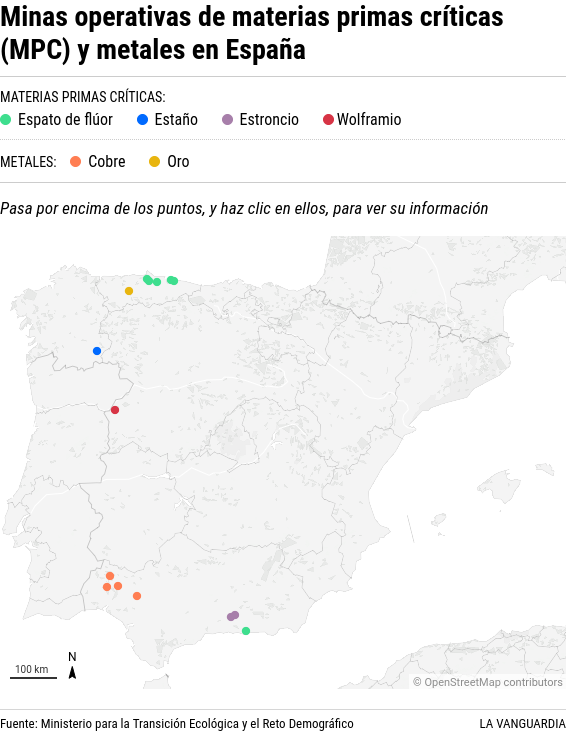51 Spain
51.1 Donaña
Jones
The Doñana in western Andalucía – whose marshes, forests and dunes extend across almost 130,000 hectares (320,000 acres) and include a Unesco-listed national park – has been at the centre of a furious national and international row over recent years.
Water supplies to the park have declined drastically over the past three decades because of climate breakdown, mining pollution, marsh drainage – and the boom in soft fruit cultivation.
A deal reached in November by Spain’s environment minister, Teresa Ribera, for €1.4bn (£1.2bn) of investment to help protect the area and diversify the local economy away from its reliance on soft fruit however provided a ray of hope. It had been a year in which a plan from the Andalucían regional government for an amnesty for the farmers who have been illegally tapping its aquifer to irrigate strawberry farms in the area around the park had led to dire warnings from environmental groups, the European Union and supermarket chains.
A report earlier this year from Spain’s national research council noted that 59% of Doñana’s large lakes had not been full since at least 2013, and that the area was in a “critical condition”. For the past two summers, Doñana’s largest permanent lake dried up completely and the park was recently removed from the International Union for Conservation of Nature’s green list for failing to meet the necessary standards.
Jones (2023) Spanish minister hails deal to save Andalucía wetlands as a model for green transition
51.2 Minerals
Cerrillo
España es rica en minerales estratégicos, pero obtenerlos tiene un alto coste medioambiental. El negocio, sin embargo, es redondo. La tonelada de litio se vendía a 1.000 euros en el 2016 y hoy a 40.000. La UE anima la extracción para no depender tanto de terceros.
En el caso de la mina de litio en Cáceres, el proyecto ha tropezado con la plataforma Salvemos la Montaña de Cáceres, cuyas alegaciones resaltaron le existencia de un bosque protegido así como la cercanía de la explotación del casco urbano. Sus consideraciones fueron atendidas, y la Junta de Extremadura tumbó el primer proyecto.

Cerillo (2024) El auge de la minería de metales incrementa los litigios ambientales